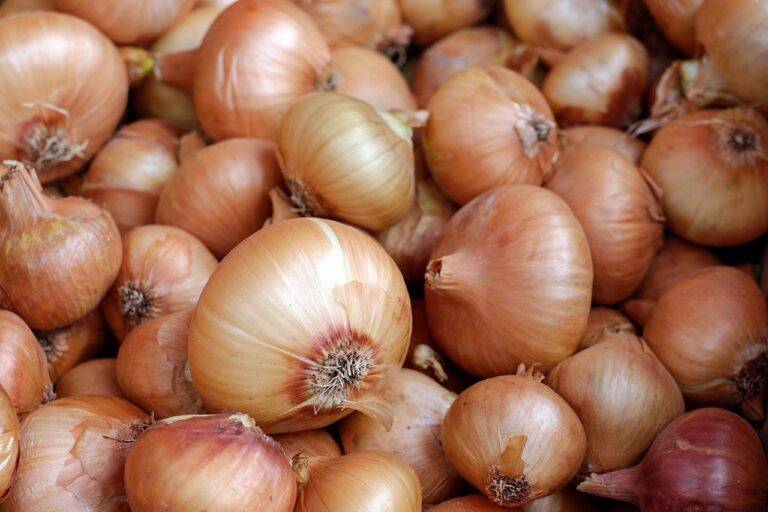The Impact of Food Industry on Indigenous Food Sovereignty Movements
Corporate agriculture has significantly altered traditional indigenous food systems, disrupting the delicate balance between communities and their environment. The introduction of large-scale industrial farming practices has pushed aside centuries-old sustainable methods of food production, leading to a loss of biodiversity and cultural knowledge. Indigenous communities are now facing the challenge of preserving their traditional ways of farming and foraging in the face of encroaching monocultures and the commodification of food.
Furthermore, the dominance of corporate agriculture has also had negative impacts on the health and well-being of indigenous populations. The shift towards highly processed and mass-produced foods has replaced nutrient-rich traditional staples, contributing to a rise in diet-related illnesses within these communities. Additionally, the reliance on chemical pesticides and fertilizers in industrial farming has led to environmental degradation, further undermining the resilience of indigenous food systems.
Challenges Faced by Indigenous Communities in Maintaining Food Sovereignty
Struggles persist for indigenous communities striving to uphold their food sovereignty in the face of mounting challenges. As corporate agriculture expands its reach, traditional indigenous food systems are increasingly at risk of being marginalized and displaced. This shift not only threatens the cultural significance of indigenous food practices but also undermines the health and well-being of these communities.
Moreover, the impacts of colonization continue to reverberate in the realm of indigenous food sovereignty. Historical injustices, such as land dispossession and forced assimilation, have disrupted the intergenerational transmission of traditional knowledge and food practices. As a result, indigenous communities are forced to navigate complex barriers in their efforts to reclaim and maintain their food sovereignty amidst evolving socio-political landscapes.
Colonization and its Effects on Indigenous Food Practices
Colonization significantly altered the traditional food practices of Indigenous communities across the globe. With the arrival of settlers, many Indigenous groups were forced to abandon their sustainable food systems in favor of European agricultural practices. This shift not only disrupted their connection to the land but also led to a loss of traditional knowledge and cultural practices related to food cultivation and preparation.
Moreover, colonization imposed restrictions on Indigenous peoples’ access to their traditional territories, limiting their ability to harvest wild foods and maintain traditional farming practices. The introduction of non-native crops and livestock further threatened the biodiversity of Indigenous landscapes, contributing to the erosion of traditional food systems. As a result, many Indigenous communities struggle to preserve their cultural food traditions and face challenges in accessing and maintaining food sovereignty in the face of ongoing colonization.
What are some of the impacts of corporate agriculture on traditional Indigenous food systems?
Corporate agriculture often leads to the loss of traditional Indigenous food practices as large scale farming operations prioritize profit over traditional sustainable methods.
What challenges do Indigenous communities face in maintaining food sovereignty?
Indigenous communities often face challenges such as land dispossession, limited access to traditional territories, and the impacts of climate change which threaten their ability to maintain food sovereignty.
How has colonization affected Indigenous food practices?
Colonization has resulted in the disruption and destruction of traditional Indigenous food systems, as well as the introduction of non-native foods that have replaced traditional staples.
What are some ways in which Indigenous communities are working to reclaim and preserve their food practices?
Indigenous communities are working to reclaim and preserve their food practices through initiatives such as seed saving programs, traditional farming practices, and advocacy for land rights and food sovereignty.






